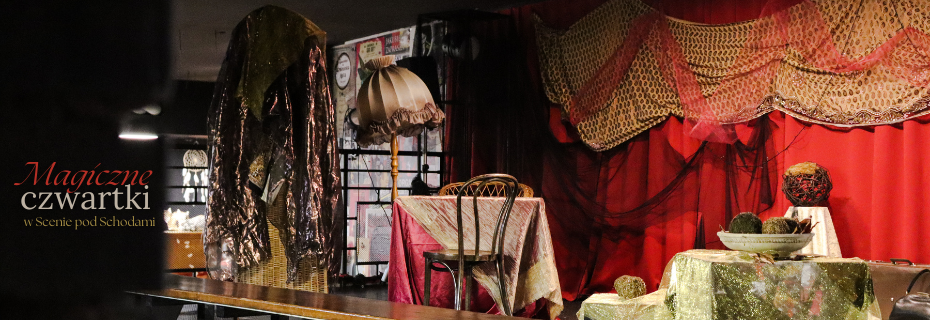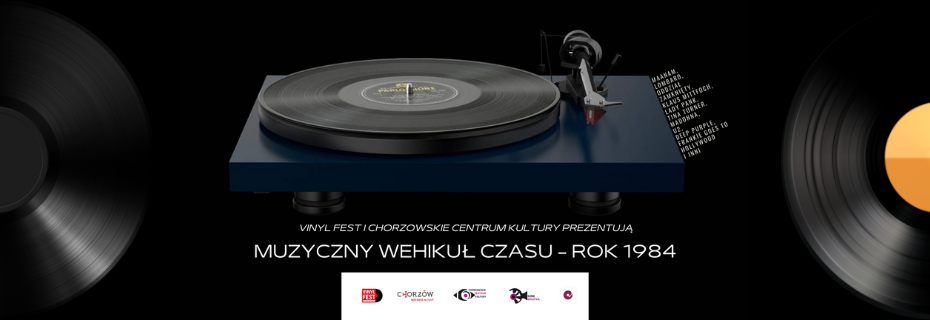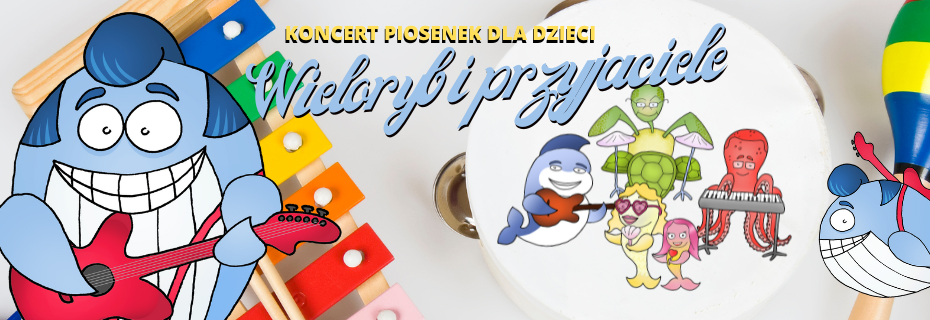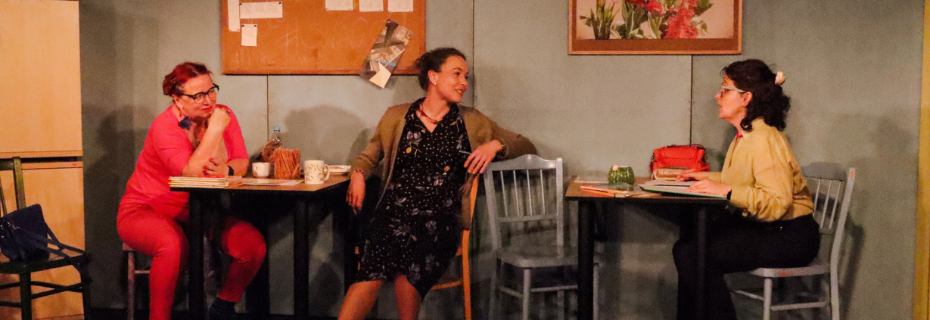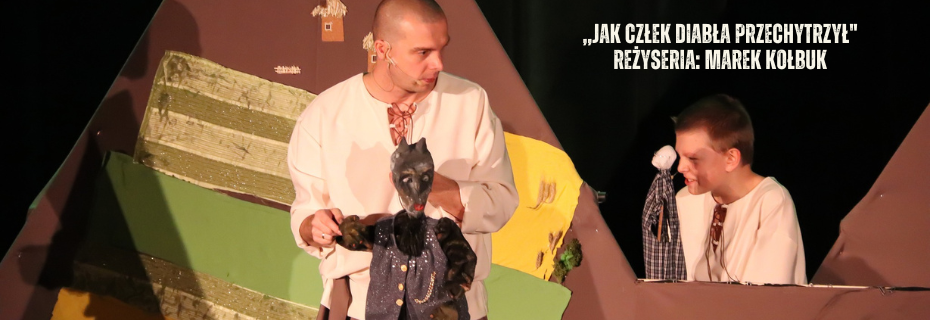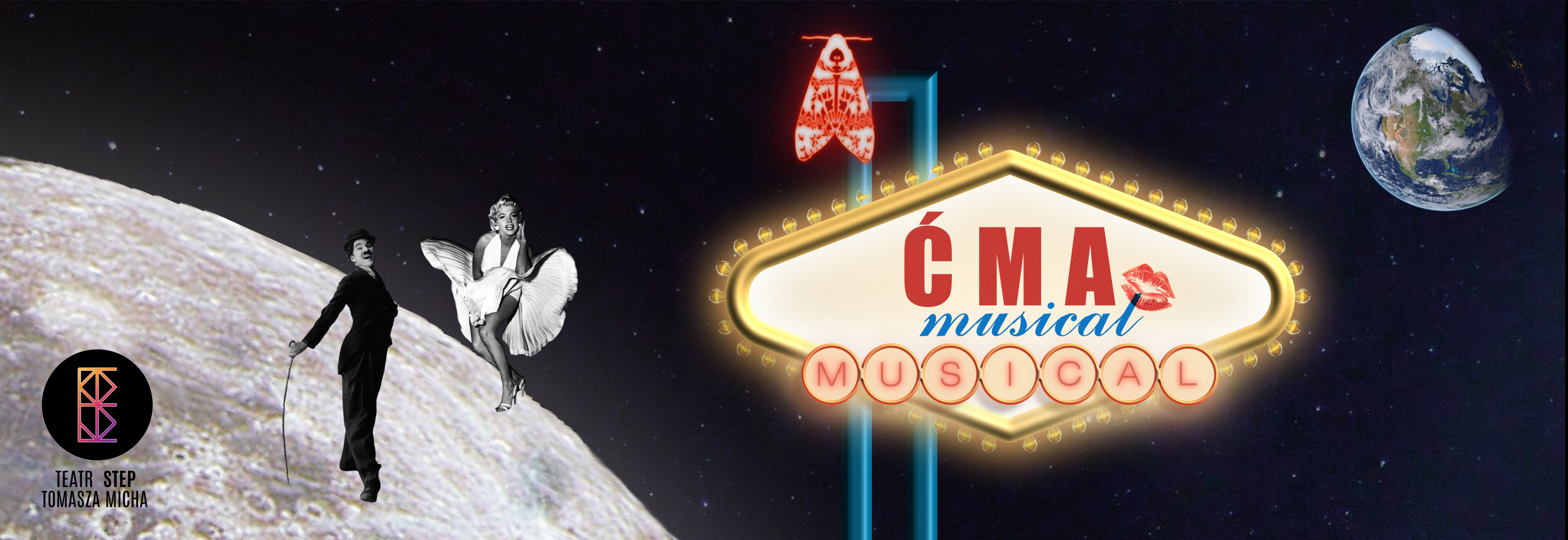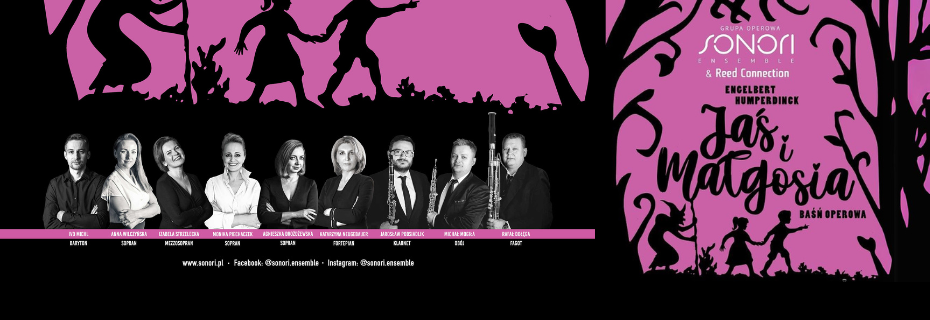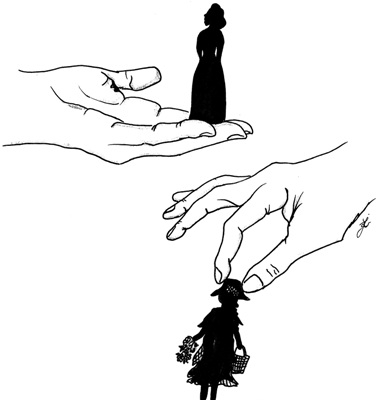Spektakl w języku angielskim "PYGMALION"
godz. 9:30 i 12:30bilety w cenie 30 PLN
więcej informacji i rezerwacja biletów:
barbara_g@chck.pl tel. 32 349 78 69/63
PYGMALION is a masterpiece of English (or Irish!) dramatic literature.
Eliza Doolittle, a penniless girl selling flowers in the street, wants to learn how speak English correctly so that she can get a decent job. She meets Henry Higgins, a speech expert who makes a bet with his friend
Pickering that he can pass her off as a Princess. Eliza is trained to talk and behave like a lady and when at the end of her intense studies, she is presented at a grand ball, she indeed passes for a Princess and
Higgins wins his bet.
But for Eliza, it is much more than just a bet. Her life has been changed forever.
Now she is a princess, all she can do is get married. The play is not only a wonderfully written comedy but also an attempt by George Bernard Shaw to expose the inequality of opportunity that women suffered in the last century.
When the play opened in London on 11 April 1914, it caused a stir mainly because the word “bloody”
was heard on a London stage for the first time. Time has proved that the play ́s lasting impact results not from the controversial language. We all know that modern English now contains swear words far stronger than “bloody”. In fact, PYGMALION deals with many important contemporary issues. Shaw claimed it to be a play about language and class. He believed passionately that people should not be discriminated against because of their birth, their environment or their speech.
Seeing the play today, one is amazed at the issues and themes which still resonate with today's audience.
Our newspapers are filled with stories of people who are transported from a world of poverty to one of riches and sophistication. I suspect that only those with the spirit and tenacity of Eliza Doolittle are likely to survive the transformation. Shaw gives us an added twist with the character of Eliza's father, who opens our eyes to another perspective, and in particular to misery of middle class morality. But what I enjoy most about this play is Shaw's ability to articulate some of the timeless fundamental issues which
arise when a woman becomes emotionally involved with a man. As Higgins reflects:
"I suppose a woman wants to live her own life: and a man wants to live his: and each tries to drag the
other on to the wrong track. One wants to go north and the other wants to go south: and the result is that
they both have to go east, though they both hate the east wind."




